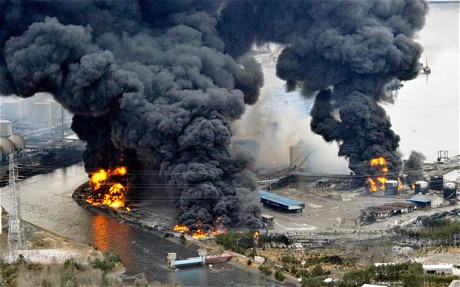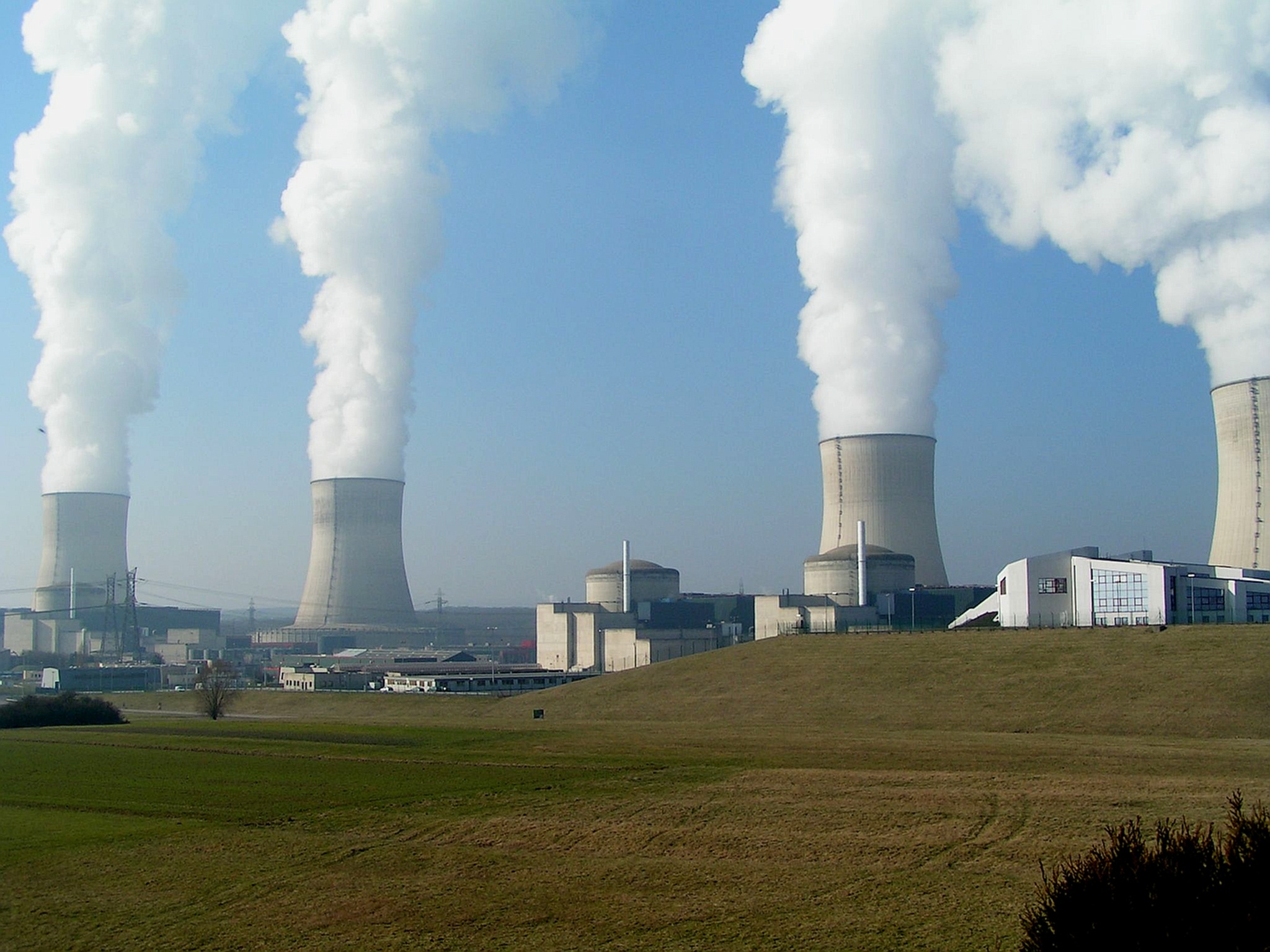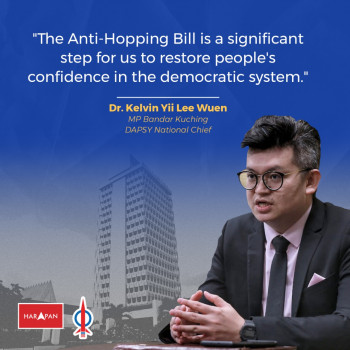An anti-nuclear power group has urged the government to drop plans to introduce nuclear power in the country, saying that the risks are too great in such a move.
The Anak Malaysia Anti-Nuklear (Aman) in a statement cited a recent world nuclear conference that called on nations to seek alternative renewable energy sources instead of nuclear power.
“The World Nuclear Symposium called for a worldwide ban on uranium-mining at a meeting in Quebec last week. They also went further to demand that states phase out and eliminate use of nuclear power for purposes of energy generation because there are alternatives,” Aman secretary general Abdul Hadi Khalid said in a statement.
The group also said the symposium had urged all nations to phase out and eliminate nuclear power generation and use, while dedicating themselves instead to the use and development of intelligent energy from sustainable and safe renewable energy sources.
“We support this call which was headed by a group of experts throughout the globe who are advocating for a nuclear free environment,” Abdul Hadi said.
Furthermore, Abdul Hadi said nuclear power is not a cost-effective, timely, practical or safe response to climate change, while there are ‘unique’ health, environmental and social dangers that are present in all stages of the nuclear power chain.
He also cited the risks of contamination from radioactive substances and radioactive waste to people, plants and animals; and the fact that there is compelling scientific evidence that there is no such thing as a ‘safe’ dose of radioactive emissions.
Abdul Hadi also cautioned that nuclear power is about to become very real in Malaysia.
“In fact, NPPs are far from just being an idea. The Malaysia Nuclear Power Corporation (MNPC) was established in 2011. Various in-door discussions have taken place,” he said, adding that a week ago, Rosatom, a Russian state atomic energy corporation had publicly stated that they will be in the running to bid for Malaysia’s first NPP.
“They are one of the biggest players in the nuclear industry housed in Moscow, and offer a ‘Build-Own-Operate’ package which governments find hard to refuse…And Malaysia is now a target and will be utilised as the door to entering ASEAN.
“Naoto Kan, Japan’s Prime Minister when Fukushima struck, had this to say. “Prior to Fukushima, I believed that such a severe accident would not happen in Japan, I continued nuclear power under this belief. When Fukushima hit, I clearly knew that my beliefs until then had been completely wrong.”,” Abdul Hadi pointed out.

Japan is still struggling with the aftermath of the Fukushima nuclear meltdown (Pic from The Telegraph.co.uk)
The 2011 Fukushima disaster was a nuclear disaster at the Fukushima I Nuclear Power Plant that was hit by a tsunami triggered by a 9.0 magnitude earthquake. The meltdown of the plant’s six nuclear reactors triggered the worst radioactive crisis since Chernobyl in 1986, and hundreds of thousands were forced to evacuate.
“It is unarguable then that NPPs are a clear and present danger to any environment which houses it,” Abdul Hadi said.
“We urge the Malaysian government to heed the call by the World Nuclear Symposium that there is a urgent need to explore intelligent and safe renewable energy resources for a more sustainable and democratised energy development, and for plans for nuclear power plants to be stopped immediately, stripped out of the current ETP and not be part of the 11th Malaysia Plan, ” he added.




